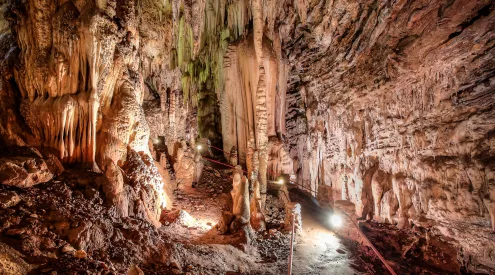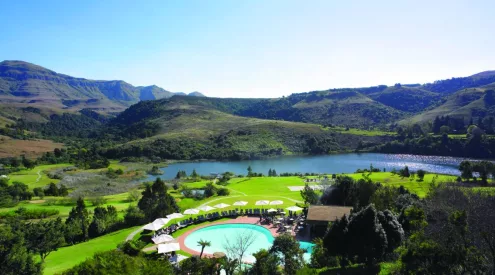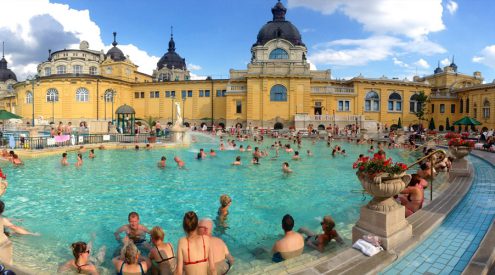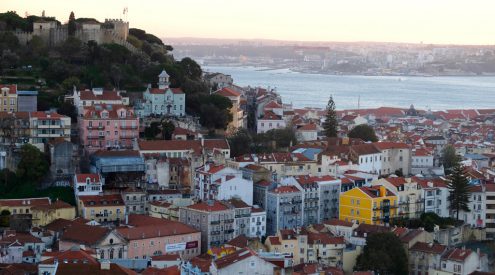
Senkron Travel offers great Istanbul tour options, such as Bosphorus cruising
Draw open your curtains in the Sultanahmet quarter and step onto the wrought-iron balcony. Beyond the cobbled street and tapestry of tiled roofs, lies the Bosphorus. The legendary strait is crammed with ships, waiting to pierce the narrow gap into the Black Sea. A muezzin calls from a nearby minaret and the sound is taken up across the rooftops. You’re standing in Europe; across the strait lies Asia. It’s a heady, beguiling sensation. With a population of 14 million and located at the meeting point of East and West, Istanbul is one of the world’s great metropolises. With a long imperial legacy and countless cultural layers, it’s the perfect city for history buffs. However, the new Istanbul is shaking off its Ottoman mustiness and has become a hip and happening place with countless funky bars, restaurants, galleries and nightclubs.
GETTING YOUR BEARINGS
Saltanahmet is the city’s cultural heart. From here, Istanbul’s main sights are within easy walking distance. Wandering the narrow lanes you’ll pass hookah-pipe lounges, carpet shops, spice markets and ruins that hark back to Constantinople’s many golden ages. The rich scent of coffee and grilling kebabs hangs in the air. A 48-hour stopover allows only a handful of essentials. First up, and probably the best way to get some perspective on this sprawling city, is a Bosphorus cruise (Senkron Travel offers some of the best options, www.bogazkeyfim.com). Float along as part of a great armada of water traffic beside lighthouses, forts and palaces, and along millionaire’s mile where houses sell for $100 million.
MUST SEES
Back on land, the Topkapi Palace, former seat of government and home of the Ottoman sultans, should be top of your list. Set in rolling gardens, it’s protected by battlements and overlooks both the Bosphorus and Golden Horn inlet. The complex was home to the sultan’s huge harem (once crammed with beauties imported from the Ukraine and Georgia), and today houses a porcelain museum and a treasury packed with gold, silver and jewellery. Pride of place goes to the emerald-studded Topkapi dagger. Just outside the palace gates stand two edifices that are reason enough to visit Istanbul: Hagia Sophia (Church of the Divine Wisdom) and the Blue Mosque. The former is a basilica turned mosque turned museum that’s been in constant use for over 1500 years. After the fall of Constantinople in 1453 its Christian iconography was replaced by that of Islam. The gold mosaics of Christ were plastered over and the altar shifted to face Mecca. Today it’s possible to trace a multitude of historical threads through the cavernous interior of this edifice that was, for a millennium, the largest enclosed space on the planet. The Blue Mosque was built in the 17th century to outshine the Christian building that faces it across the square. This it didn’t quite achieve, for Hagia Sophia remains one of the architectural wonders of the world. But the Blue Mosque, with its six spindly minarets and an interior of blue and white İznik tiles, is nonetheless a beautiful creation in the classical Ottoman style.
SHOPPING ON STEROIDS
You’ll find it impossible to resist shopping in Istanbul, especially if you’re tempted by carpets, leather goods or jewellery. The biggest market of all is the Covered Bazaar, for which you’ll need stamina and the ability to say no. It’s a labyrinth of passages and streets that house more than 4000 shops. Their names recall the days when each trade had its own quarter: carpet sellers’ lane, street of the skullcap makers, goldsmiths’ alley. Owners will try anything to lure you in: ‘What’s your name, mister, where you from?’ Inevitably you’ll get drawn into a carpet shop and end up drinking apple tea, discussing world events and the various weaves. And you might even end up walking out with your very own magic carpet…


















